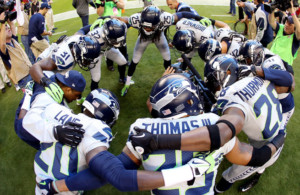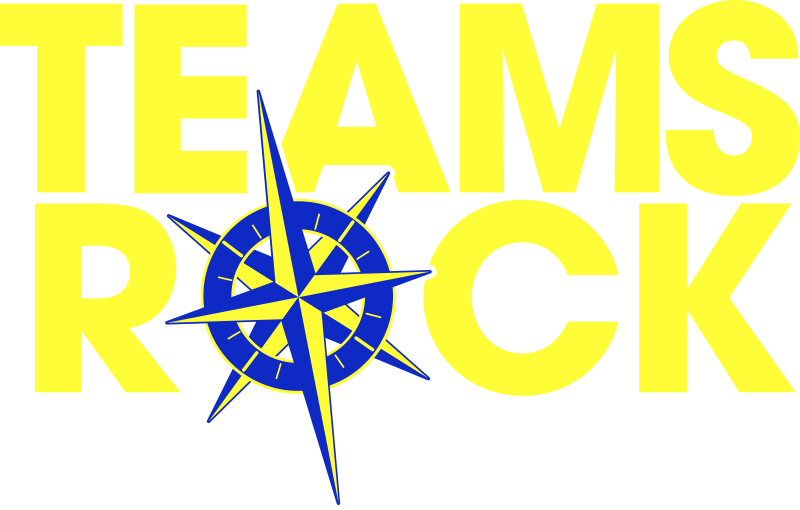 What would it mean to you as a manager, leader, or coach if everyone on your team was the same? As the Seattle Seahawks dominated the Super Bowl last Sunday, I was intrigued at some of the pre-game interviews and one in particular was with Seattle’s head coach Pete Carroll. During the interview, he stated that every one of the players on the team were different, and that he had to coach and manage them in different ways.
What would it mean to you as a manager, leader, or coach if everyone on your team was the same? As the Seattle Seahawks dominated the Super Bowl last Sunday, I was intrigued at some of the pre-game interviews and one in particular was with Seattle’s head coach Pete Carroll. During the interview, he stated that every one of the players on the team were different, and that he had to coach and manage them in different ways.
That got me thinking about our corporate workforce and the fact that it really is no different than an NFL team. Are the players on your team different? What if the players on your team were all the same or had the same traits? I often ask this question in my workshops and the most common answer I get is that it would be boring. That is absolutely the truth – it would be boring and, most likely, the atmosphere would become stagnant and productivity would suffer.
So, if we understand that being different is really a good thing, why then are we always complaining about our co-workers being so different and not understanding us? Is it just an attitude situation or something else? Perhaps it is a lack of trust among our colleagues. Trust is sometimes nothing more than someone approaching a task different than I might approach it and because it is different, I may not trust them to do a good job.
Almost every business I know continually trains on industry specifics; sometimes on generic soft skill traits. My question is, when was the last time you actually took time to learn about the differences in people? Pete Carroll understands that the 50 plus active players on the Seahawks team are all different, not to mention his coaches and staff. Yet he developed one of the youngest Super Bowl winning teams in history with an average player less than 26 years old.
Without a doubt, every team has talent and it is all about how the manager is able to harness that talent. That is where understanding team chemistry comes into play. In many cases why are sales teams so radically different than the operations or support teams? Why is that?
This week, my questions are; what are the people on your team like? Are they all like you? What about other departments within your organization? If you are a manager, do you approach each person differently? If you are not a manager, does your manager approach you differently than other people on the team?
Please take a moment to leave your comments about how differences enhance your team!


Leave A Comment